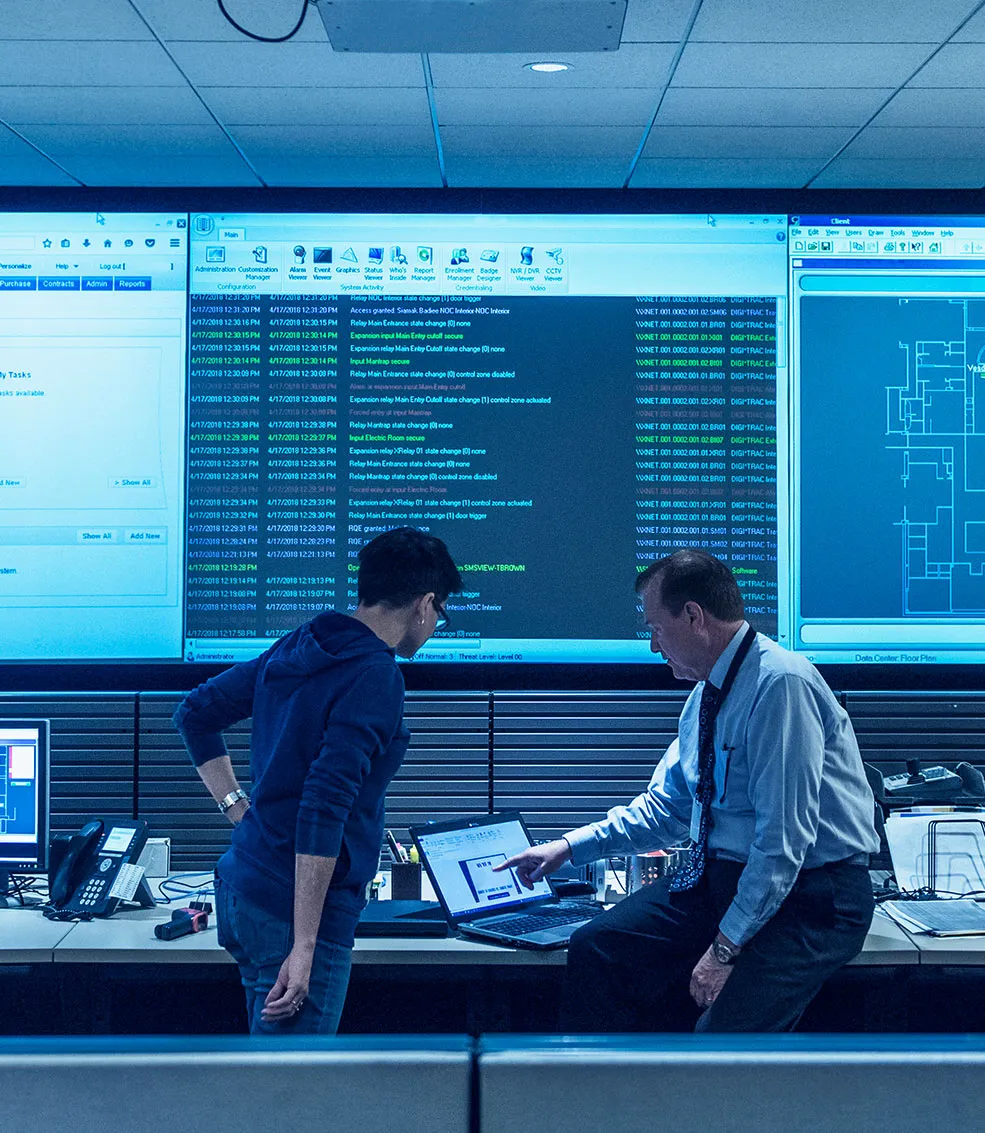DNV GL’s Maritime Incubator: Cultivating knowledge from within
In order to generate added value from the wealth of knowledge residing in the company, DNV GL – Maritime sponsors a corporate incubator programme designed to transform ideas quickly and effectively from employee visions to customer benefits.

Advancing innovation in the corporate space
DNV GL’s Maritime Incubator employs a proven innovation process that starts with testing the value of a concept, together with potential customers. “The goal is to solicit a broad cross section of relevant opinions, rather than relying on just a few individuals. We need to know that customers like the idea before we move on to the major investment phase,” Vartdal says.
Speed is also important, he notes. “We employ the ‘fail fast’ principle in order to stop an unproductive idea in time and focus resources on the most promising projects. The idea is to demonstrate confidence or reject the concept as quickly as we can.”
Commercial interest in the concept is critical as well. “We screen all new ideas using proven commercial testing tools. You need to verify this element before starting to build, because that’s where the real costs start to run,” Vartdal confirms. “Once these hurdles are cleared we can build and test a prototype, scale up to the industry level, and eventually market and sell the product or service.”

Innovation collaboration
While the Maritime Incubator programme has been running for some time, it was recently revamped with the aim of further professionalizing the innovation process, Vartdal explains. “Ideas are intriguing, but if you want to create a product, you need to incubate professionally. You have to be willing to invest money.”
The programme is further strengthened through alliances with outside expertise, he reports, citing a history of cooperation with a number of industry partners, as well as accelerators such as the StartupLab at the University of Oslo. “Our focus is on establishing and leveraging an internal innovation framework in collaboration with external players. In order to activate ideas in this arena we need a complete ecosystem, and this requires collaboration partners who can take relevant roles and help us create robust networks.”

Delivering value for customers
Of the projects that have matured furthest in the programme, Vartdal cites FuelBoss, a platform solution designed to facilitate the bunkering of LNG and other ‘green’ fuels. “We are in the process of building up the platform both technically and commercially. This means investing money and time. The project is currently in the piloting phase. Before we can charge fees, we need to be sure that the product satisfies customer needs.”
Another promising project provides solutions to support compliance with vetting and operational requirements for safe mooring. Other initiatives include a solution for the dynamic assessment of operational readiness based on operative data, and an application for route-specific voyage preparations, saving time and money by providing optimal cargo stowage options for various routes.

Striking the start-in balance
There are of course hurdles to clear when promoting the growth of business within the business, Vartdal relates. “For one thing, corporate governance does not always encourage the open cultivation of ideas. The rules meant to protect the company will naturally restrict the development of ideas that could pose a threat to its existence.” In DNV GL’s case, ideas cultivated in the Maritime Incubator should ultimately support their core business. “The ideal innovation concept will help us to provide additional products and services that can be of value to our customers.”
Vartdal observes that a good idea will always be supported by a good brand. “Our customers expect innovation from DNV GL, so we have a good starting point for introducing new ideas. We can also scale up a concept using our existing infrastructure. We have the resources to leverage, and we have the knowledge, infrastructure and networks to give an idea the advantages it needs to grow.” And once a decision is made, DNV GL has the financial resources to invest as well. “Our size makes it easier to scale up an idea and bring it to market.”

Encouraging employee entrepreneurs
The entrepreneurial spirit is alive and well in the corporate environment, Vartdal assures, but start-in entrepreneurs need to demonstrate the same level of commitment as they would in the start-up community. “The company needs to have confidence in the project team. They need to have the necessary attitude, every bit as much as the technological basis. As a corporate entrepreneur, if you want us to invest in your idea, you must be prepared to follow through.”
The requirement is firm, Vartdal says, acknowledging that previous commitments may have to take a back seat in order for an employee to realize their start-in dream. “When they are given the chance to enter the Maritime Incubator programme, they must commit to seeing the idea through to its logical conclusion in the system, even if this means moving away from a more comfortable corporate role.”
Vartdal believes DNV GL’s innovative environment offers fertile ground for aspiring entrepreneurs. “We are known for adopting the newest methods in our work, and this should be attractive for fresh thinkers,” he says. “There is a lot going on in the maritime industry right now, with digitalization, automation and the drive to achieve sustainable shipping. We have a wealth of knowledge in these fields, and it only makes sense for us to encourage the best ideas on how to turn this expertise into additional benefits for our customers.”
Contact us

- metamorworks – shutterstock.com, Photo by Jens Rademacher on Unsplash
- DNV GL/Pracownia EB/Flota Filmowa
- DNV GL/gl-foto.com
- Getty Images/Erik Isakson Photographics
View image copyright information
